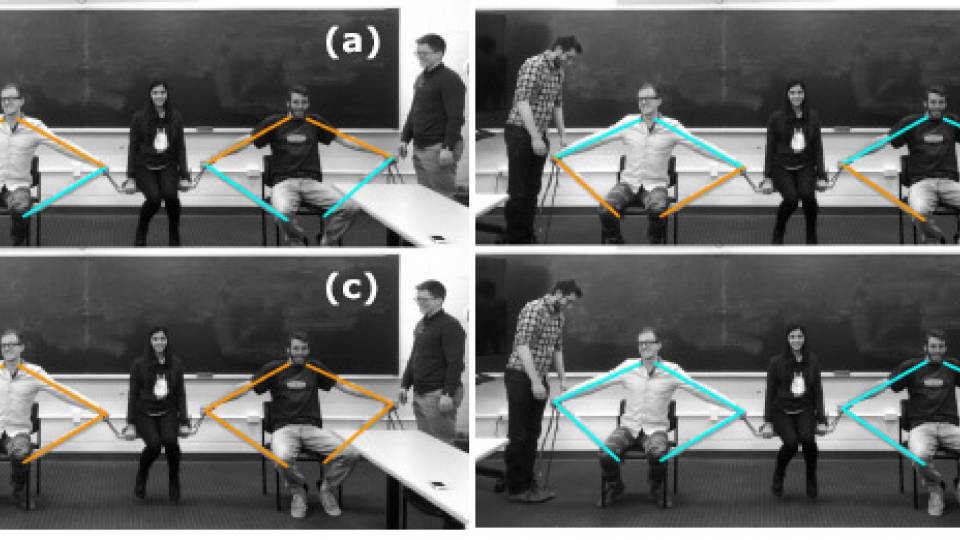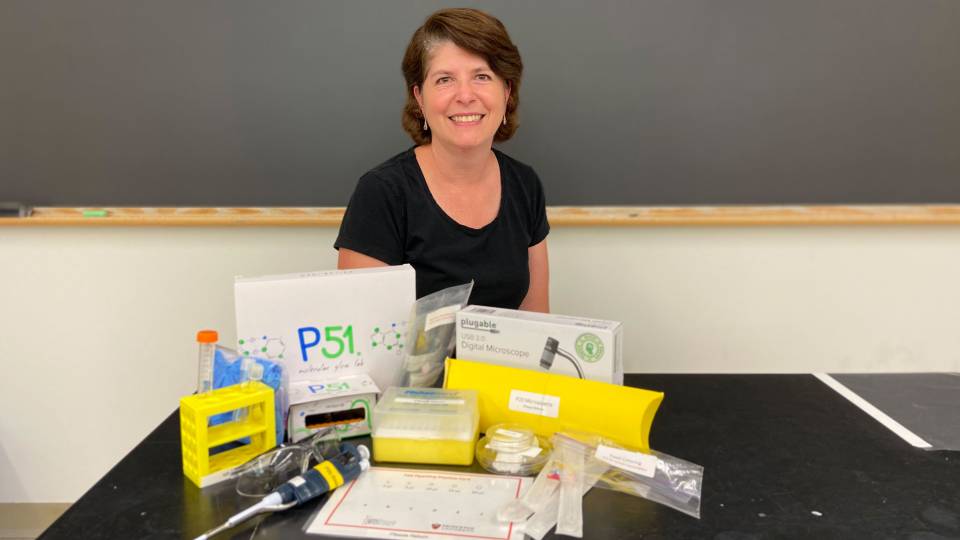Princeton University will broaden its online teaching and learning efforts this fall, using new approaches and technologies including the NovoEd platform to enable students on campus to collaborate with others taking a class remotely.
Jeremy Adelman, the Walter Samuel Carpenter III Professor in Spanish Civilization and Culture and a professor of history, will use NovoEd to teach a Massive Open Online Course (MOOC) called the "Global History Lab."
"One of the things I really wanted to do was to bring the world into the course," said Adelman, who two years ago began teaching "History of the World Since 1300" as a MOOC on the Coursera online learning platform, which Princeton faculty will continue to use.
On the NovoEd platform, which like Coursera is used by a variety of universities, about 50 students on the Princeton campus will be able to interact and collaborate in small groups with Adelman, each other and potentially thousands of students around the world. They will form teams and work together in a series of lab assignments in which they apply historical knowledge from the course to solve problems and develop new connections and interpretations of primary historical materials. As groups post their ideas for other students and teams to respond to, the course will become a dynamic gallery of student perspectives on history from around the world.
Adelman explained that the first generation of online learning platforms focused on allowing students to access lectures remotely. The emphasis was more "on the professorial side, to a lesser extent on the student learning side," he said. "NovoEd is going to give us an opportunity for students to really dive into this new format of collaborative learning."
"Engagement is what matters," said Jeff Himpele, the director for teaching initiatives and programs at the McGraw Center for Teaching and Learning, which coordinates online learning on NovoEd and Coursera as well as other ventures to adapt technology for the classroom. The center is the University's main resource for faculty, students and graduate students seeking to enhance their teaching.
"Teaching the 'Global History Lab' synchronously to students on campus and around the world allows us to expand our commitment to student learning," Himpele said. "This new collaborative online environment enables us to implement decades of classroom research demonstrating that strategies for intensifying student engagement increase student success, and it offers us new possibilities for improving classroom education at Princeton."
Himpele noted that other faculty members plan to use the NovoEd platform not as a MOOC open to students outside Princeton but as a way to extend and amplify classroom experiences on campus.
For example, Sigrid Adriaenssens, an assistant professor of civil and environmental engineering, said that she will use NovoEd in the course "Mechanics of Solids" to create a virtual design space that will "enable collaboration, peer learning through shared design experiences, critique and a dynamic display of student's work."
"We believe, by generating, sharing and critiquing design ideas, students will develop a shared appreciation of how 'real life' design relates to the course content. This realization will keep them attentive, interested and engaged throughout the semester," Adriaenssens said.
Jennifer Widner, a professor of politics and international affairs in the Woodrow Wilson School of Public and International Affairs, is developing a MOOC, called "Making Government Work in Hard Places," for the spring semester on the NovoEd platform.
Meanwhile, Princeton faculty members will offer six MOOCs on Coursera during the fall, ranging from algorithms to astrophysics.
"This field is so dynamic," Adelman said. "My goal is to teach better courses to my own students. We're all co-learning and co-teaching together."
Anyone wishing to take the classes on Coursera or Adelman's course on NovoEd may do so at no charge. Open online courses offered by Princeton faculty do not result in Princeton credit.

